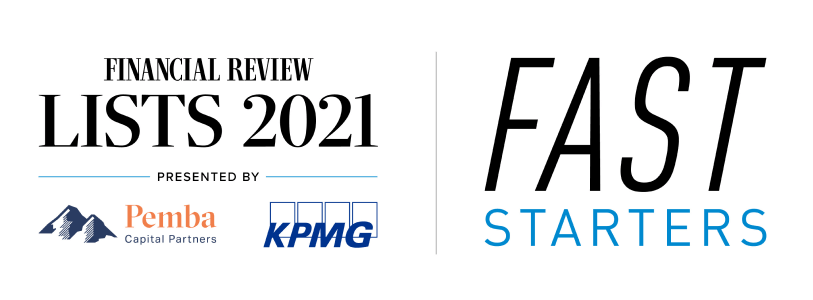Business Microloan
Microfinance has a history spanning centuries. Its origin was in giving impoverished people a helping hand by offering small loans, especially in developing nations. While business microloans are still available for the poor, sometimes on a not-for-profit basis, microfinance loans, also known as microcredit, are now an increasingly popular financing option for businesses all over the world, particularly microloans for new business or start-ups.
What is a business microloan?
As the name suggests, a business microloan is a small loan, ranging anywhere from $100 up to around $50,000, significantly less than the six-figure sums available for traditional long term business loans. These loans are typically for entrepreneurs in need of start-up capital for a new small business.
Microloans can help to launch and grow a small business, covering start-up costs or other expenses such as the purchase of equipment, inventory, furniture, fixtures and machinery, as well as payroll or marketing. Microfinance can also be used to get through slow business periods.
Since the loan amounts are smaller, business microloans are generally short term. They can be a number of years, but often the loan term will be one year or less. In many cases, rather than simply providing sums of money, microlenders also provide assistance to borrowers to help with growing their business.
Microloans are likely to be unsecured business loans, due to the fact that the small amount loaned and short repayment terms but may also be secured by collateral. Collateral is something that you or your business owns that you pledge as security for repayment. The importance of collateral is that it reduces the risk for lenders, because even if you default on the loan, they will not lose all of the money they provided.
4 reasons you might want to choose a business microloan
Any business can apply for a microloan if they need the requirements or eligibility criteria, but careful consideration needs to be given to ensure it’s the right loan for your business.
Here are the key reasons a business might choose a microloan:
-
If you can’t gain access to a traditional bank loan.
If your business is in need of a small loan but you can’t access traditional finance, a microloan may be the way to go. You may be unable to get traditional finance if your business is just starting and you can’t demonstrate a strong track record or a good credit history.
-
Build your credit rating.
If your business is just starting out you may need to build up your credit rating in order to borrow more funds. Microloans are a great way to do this.
-
You only need a small sum of money.
Traditional loans are generally for six-figure sums. If you require much less than this, a micro loan is a good option although you may also want to consider an unsecured short term loan.
-
Your business meets specific criteria.
Lenders may provide microloans only to specific types of businesses, such as those founded by women or minorities or businesses operating in specific geographic areas or developing countries.
Additional benefits of a business microloan
Microloans can help bridge the funding gap to assist business owners in disadvantaged, risky or unpopular niches to gain financing.
A business microloan can give you upfront capital at a low interest rate.
The finance obtained from a microloan can be used for many important aspects of operating a business, such as investing in inventory, machinery or equipment. This can help improve the efficiency of your business.
How do you apply for a business microloan?
The process of applying for a microloan is as follows:
-
Determine how much you need - If it’s only a small amount, a microloan will be a good option rather than a traditional loan.
-
Shop around - To find the best lender that suits your circumstances.
-
Determine your eligibility – There are basic requirements to meet, such as being over 18 years of age and an Australian citizen or permanent resident. Since microloans are designed for start-ups, the requirements aren’t as stringent, so you likely won’t need a top credit rating.
-
Apply – You’ll need to provide financial information about the business, details of the business plan, including marketing, and particulars about yourself. You’ll also be required to attend an interview, so the lender can meet you and talk to you about how your business will operate, grow and evolve, all of which will be considered in assessing your application.
-
Receive approval – The approval process can take some time, particularly due to the interview, and whether the lender requires any more information.
-
Repayment terms decided – The terms of the loan, including the interest rate, repayment schedule and length, as well as what the money will be used for, will be decided before you receive the funds, which may be in the form of a credit card.The approval process can take some time, particularly due to the interview, and whether the lender requires any more information.
What to consider before you apply for a small business microloan
Microloans often have higher interest rates than traditional loans because they are more risky, especially since lenders don’t always require collateral for the loan.
The lender may impose limitations on what the funds provided by a microloan are used for. Often it needs to be directly related to the growth of the business, and can’t be used for other purposes such as to purchase real estate or for personal use.
Still not sure if a microloan is right for you? Compare other types of loans to learn more.





